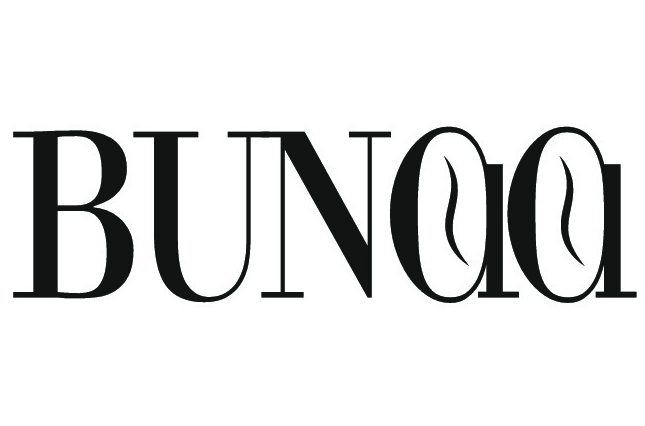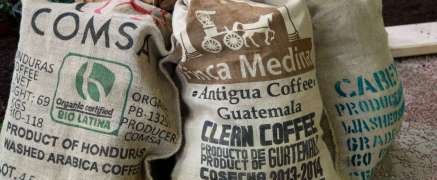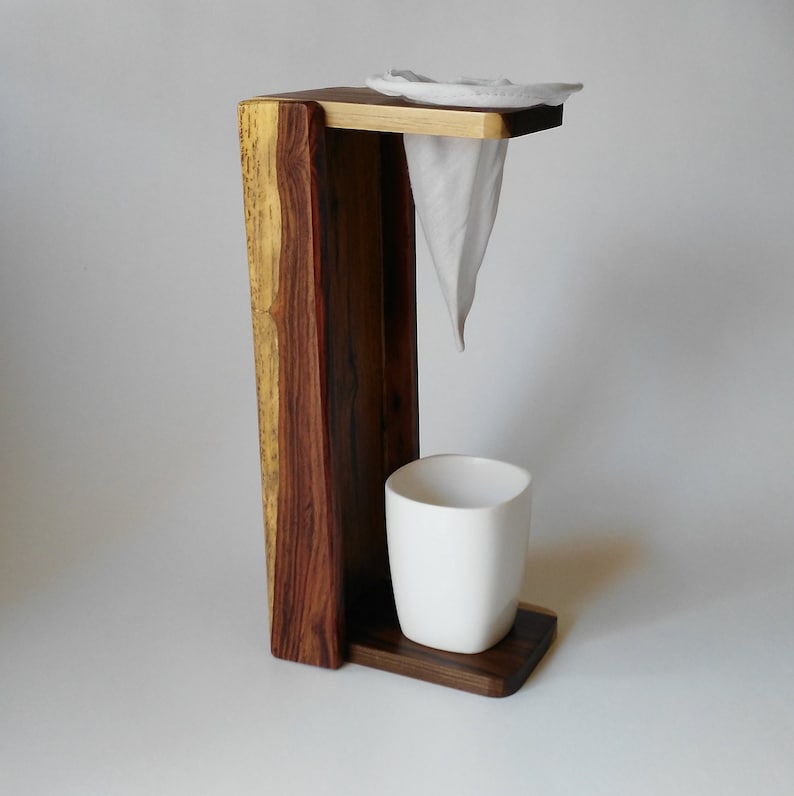With just 2% of the Arabica world crop, Honduras ranks #7 among coffee producers worldwide.
- With Haiti, Honduras is one of the poorest countries in Central America.
- It all started on the plantation in Agalta Olancho before 1800.
- It is grown in Montecillos, Copán and Agalta. Other regions are Opalaca, El Paraiso and Comayagua at altitudes between 1,000 und 1,600 m.
- Small farmers mostly grow Arabica such as pacas, bourbon, typica and catuai in the shade without chemicals.
- In the 1960s, because of the good growing conditions, farmers even came from El Salvador and settled in the high mountains to grow coffee in Honduras. The whole thing not only escalated in 1969 at the World Cup, but ended in a coffee war that lasted until 1969, in which 3,000 people lost their lives.
- Cooperatives such as the Cooperativa Cafetalera Capucas Limitada (COCAFCAL) contribute significantly to the improvement of the life situation and the reduction of poverty, but also to good FairTrade coffee in organic quality.
Advertisment
- Although the cultivation conditions are ideal for coffee in Honduras, only about half of the possible cultivation area is used.
- Half of the country is wooded and the Biosphere Reserve of Río Plátano, one of the few remaining tropical rainforests of Central America, is a UNESCO World Heritage Site.
- On the nutrient-rich soil of the highland areas (1,000 – 2,000 m) with temperate tropical climate, high-quality coffee grows.
- Accordingly, there is also “shadow coffee” that maintains the tree diversity.
- The farms such as Lenca in Marcala are certified as Bird Friendly Coffee.
- The Strictly High Grown (SHG) beans grown up to 2,000 m have a very good reputation.
- Unfortunately, the harvest of many small farmers is often mixed during export, which can lead to strong quality fluctuations.
- The gourmet coffee of the region Marcala has the title “Denominacion de Origen Marcala”. Especially popular is the “Flor del Café”.
- Among the most famous coffee varieties is the “Pacamara Bean”, from the Plantage “Finca Santa Marta“.
- It was awarded 2006 as the best coffee in the country.
- The coffee in Honduras is hand picked and sun-dried.
- The taste is fruity and very strong, with a spicy acidity and nutty nuances.
Advertisment
Coffee Preparation – Coffee in Honduras
- A cup of coffee in Honduras is often offered as a part of hospitality.
- Traditionally, coffee in Honduras is served very simply – black and with lots of sugar.
- In recent years, as in many places in the big cities, an international café culture has spread.
- In the capital, Tegucigalpa, there are now a number of so-called Third Wave coffee shops that also offer barista training.
Cafe Chorreado
- As in many Latin American countries, the coffee here is traditionally prepared as a sweet filter coffee.
- First you hang the bolsa* (cloth filter) in the chorreador (wooden stand)
- Then place a cup or jug under the filter, pour hot water into the filter so that the dripping coffee is caught in the cup.
- The process can be repeated.
- The coffee is then extremely sweetened by European standards.
Advertisment
For advertising links on this page the dealer may pay a commission. These advertising links are marked with an asterisk (*) – images and banners are marked with “Ads” or “Advertisment”. There are no costs for you. Find more information in the data protection regulations here.











